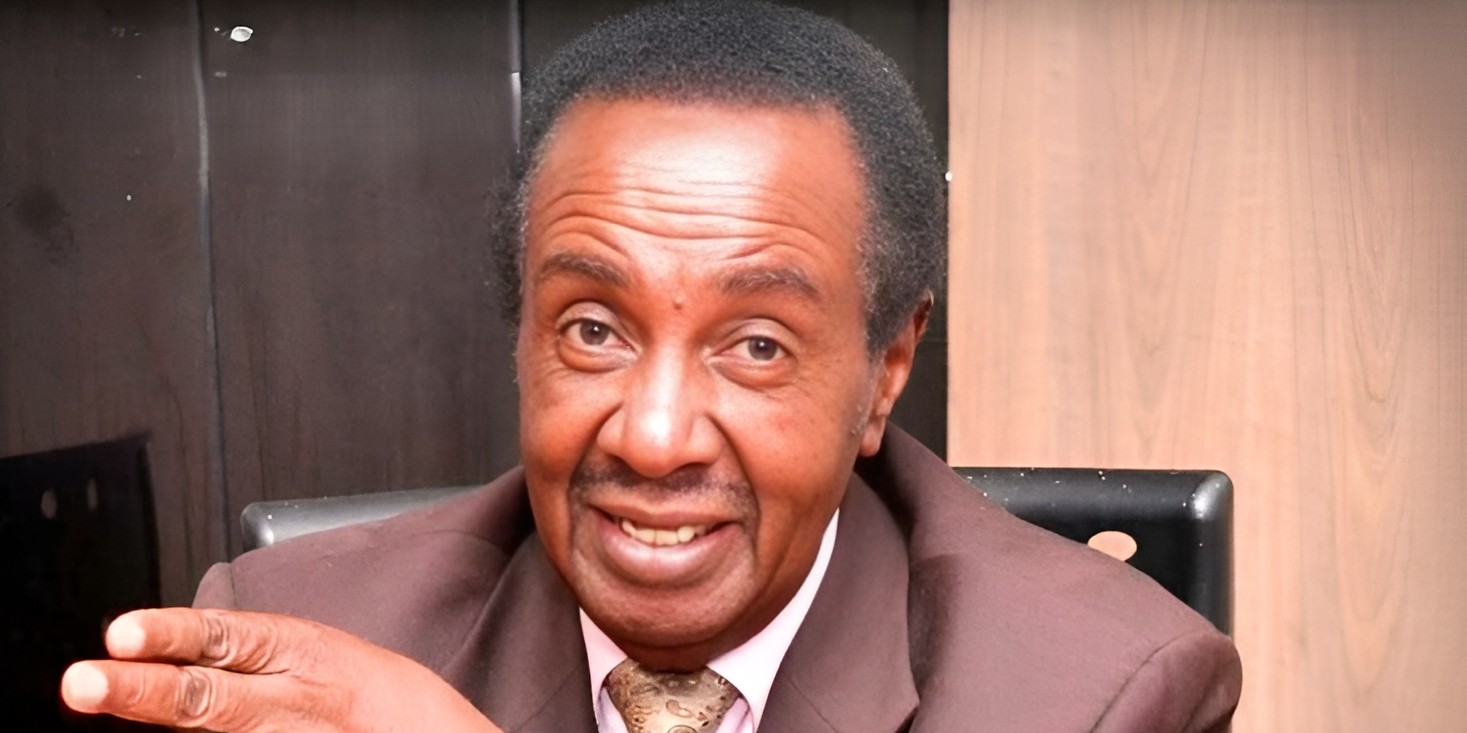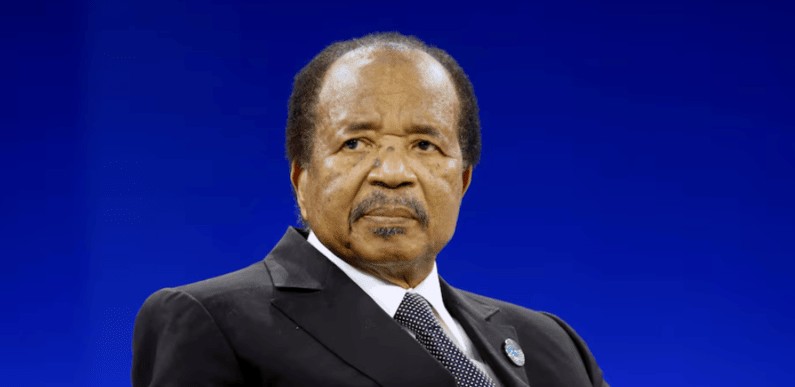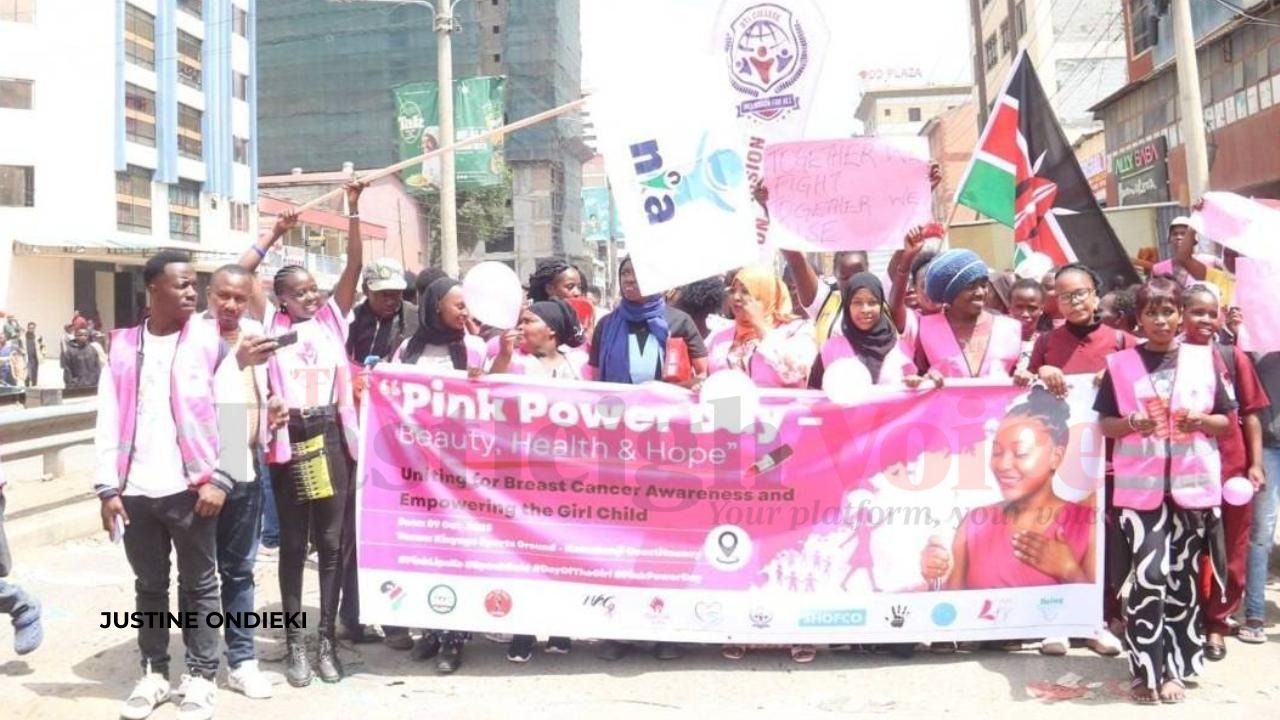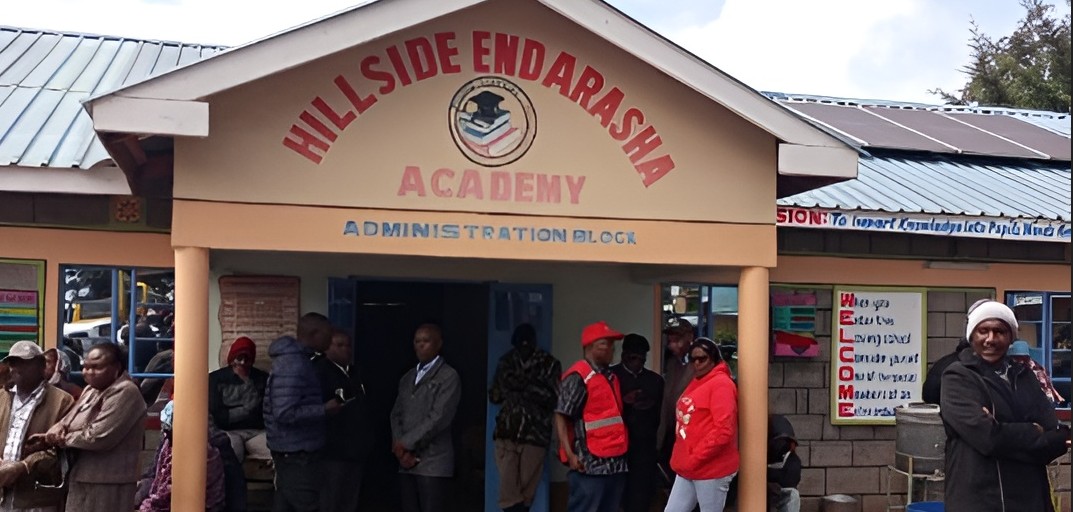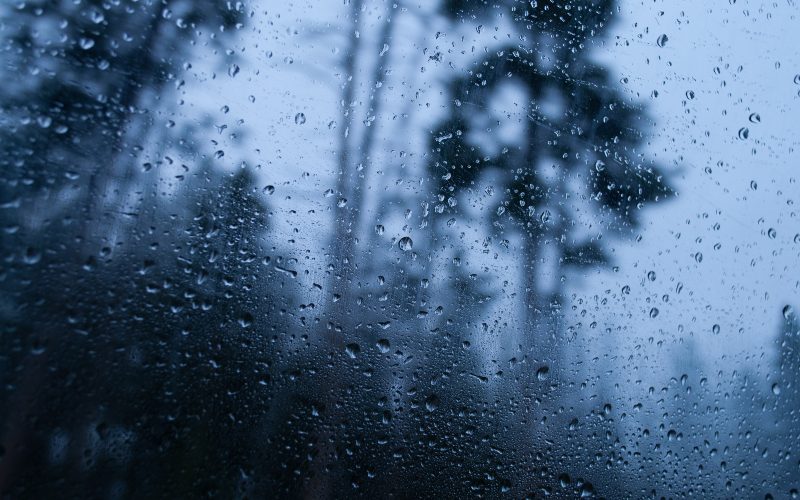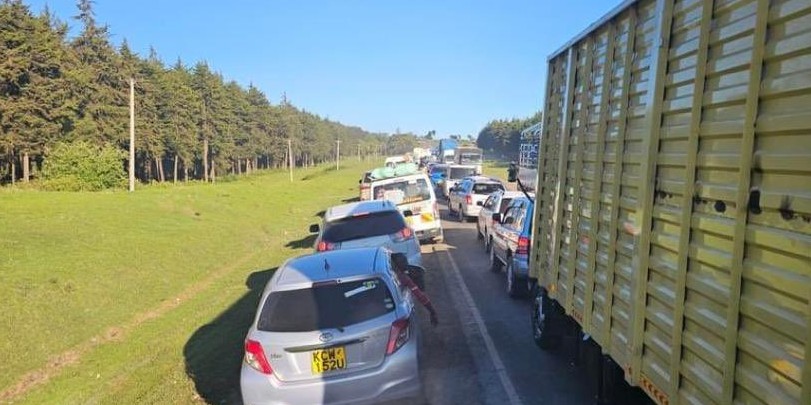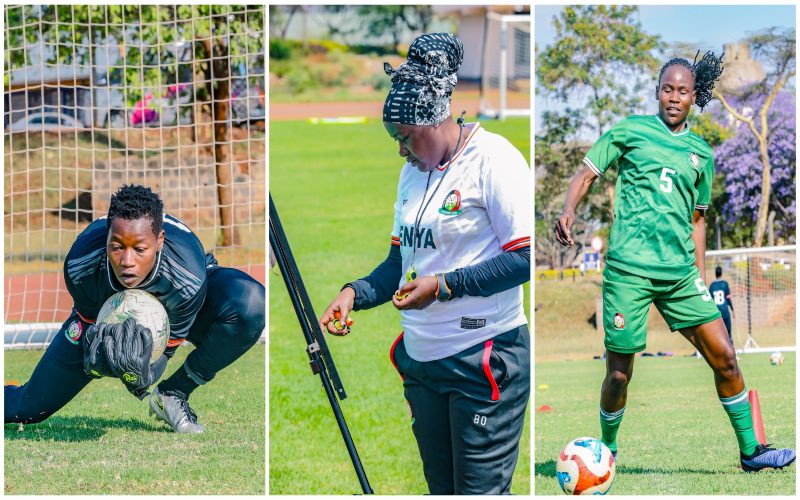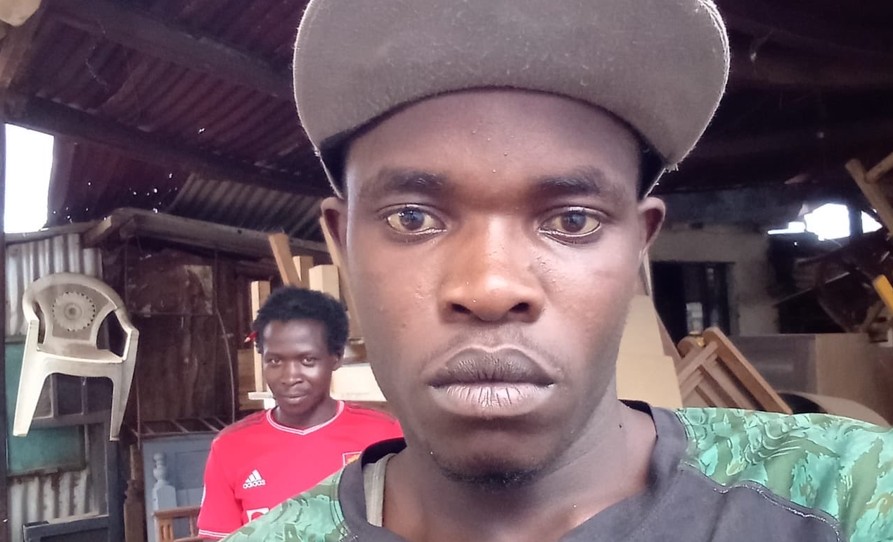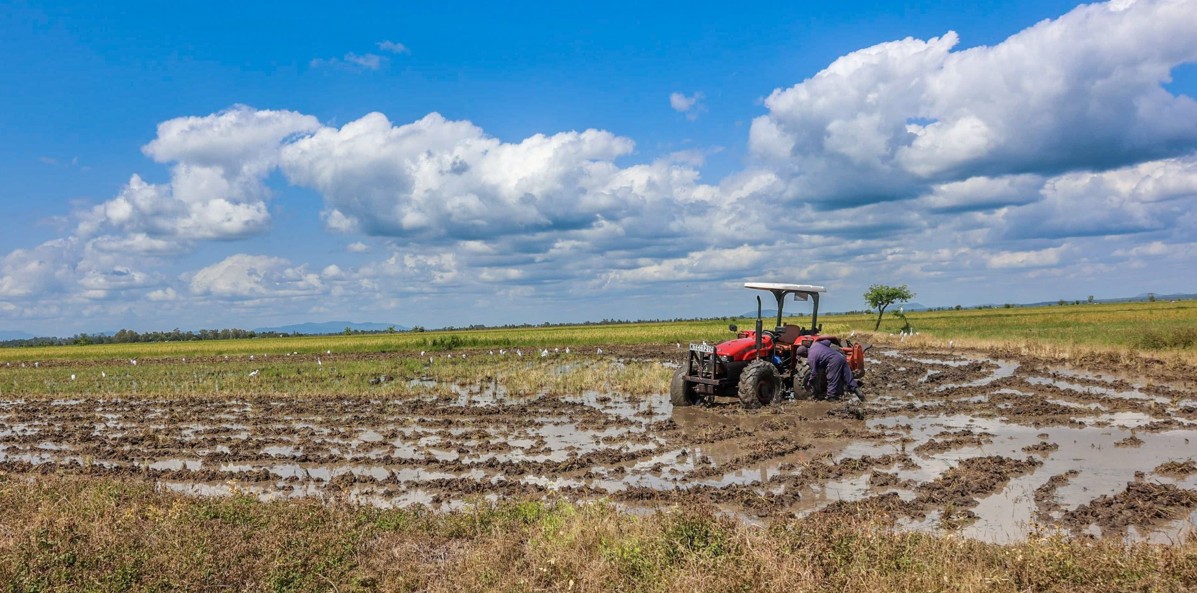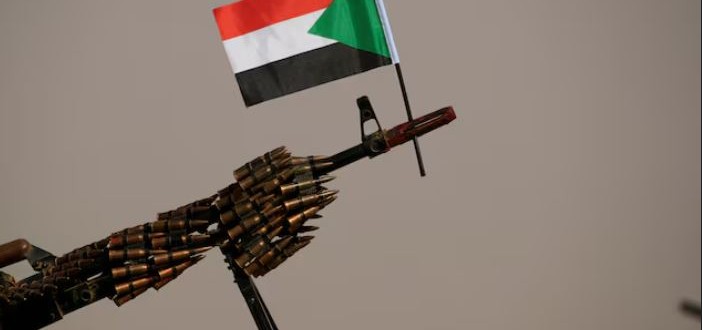Police brutality, state censorship are a threat to Kenya's democracy, civil society groups warn
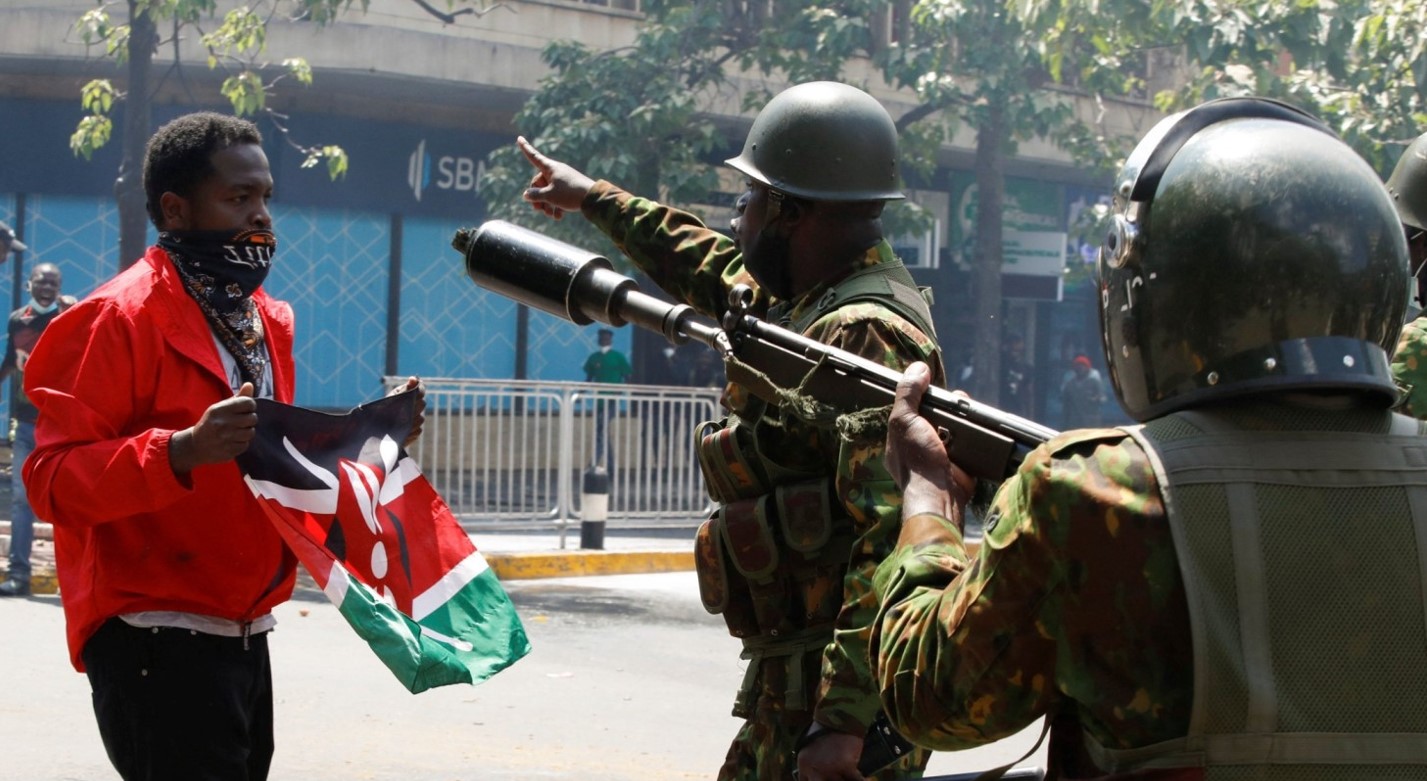
They highlighted multiple signs of democratic backsliding, including the use of masked police in unmarked vehicles, closure of media stations, violation of court orders, illegal surveillance, and misuse of public resources.
Kenya’s democracy is under threat as rising state repression, police violence during protests, and efforts to silence independent voices erode public trust in government systems, civil society leaders have warned.
At a democracy conference held in Nairobi, International Commission of Jurists executive director Eric Mukoya and Innovation Foundation for Democracy director Achille Mbembe said the increasing use of force against demonstrators and criminal infiltration of peaceful protests reflect a deeper failure within state institutions.
More To Read
- Raila Odinga: The politician who stood with the press
- Is Western influence on African democracy fading?
- Court declares police killing of businessman Bunty Shah unlawful
- Boniface Mwangi summoned over social media post on police
- LSK’s Faith Odhiambo quits Ruto’s victims compensation panel over legal delays, court hurdles
- Woman files petition to revive torture charges against two senior police officers
They noted that Kenyans are increasingly disillusioned by a system that promises representation but delivers exclusion.
They highlighted multiple signs of democratic backsliding, including the use of masked police in unmarked vehicles, closure of media stations, violation of court orders, illegal surveillance, and misuse of public resources.
“The lights are flashing red,” they said, warning that civic space in Kenya is shrinking fast.
Mukoya said many citizens no longer see meaning in democratic processes such as elections, arguing that decisions are made in boardrooms without public input.
“Democracy in the country is losing meaning, and the ordinary citizens are slowly giving up. We are here today to begin a conversation on what democracy means to ordinary citizens, particularly because we have had processes, we’ve had elections, that have no meaning at all to people,” he said.
He added that this disillusionment is not unique to Kenya. “When you look at Uganda, Tanzania, Kenya and the South African region, the clawback is real,” he said.
Referring to a 2023 Afrobarometer survey, he said most Africans have lost faith in democracy,” Mukoya noted.
“I’d like to remind us that the Afrobarometer report of 2023 indicated that 55 per cent of Africans don’t believe in democracy anymore. You can tell when you see the stories of [Ibrahim] Traoré, they may be shaped by media, but the truth is, people have lost faith in democracy. We would like to reignite that democracy here,” he added.
Mukoya stressed the need to re-examine whether current laws, institutions and policies still serve their intended purpose of protecting citizens and upholding their rights.
Mbembe called for greater coordination among African civil society organisations to push back against growing authoritarianism. “It’s time for African civil society to come together and devise ways and means to re-enchant the democratic project in our continent,” he said.
He urged governments to respect regional and international legal frameworks such as the African Union Constitutive Act and the UN Charter.
He also appealed to the younger generation to step up and challenge the political status quo.
“We face a crisis on the continent, which is intergenerational. Our societies are mostly governed by old people, men in particular, a gerontocracy. Equality between men and women is not yet fully achieved, and old men do not know how to step aside and pave the way for younger generations. All of this hampers the regeneration of our societies,” Mbembe said.
The forum brought together civil society leaders, researchers and activists to explore solutions for restoring democratic values in Kenya and across Africa.
Top Stories Today


